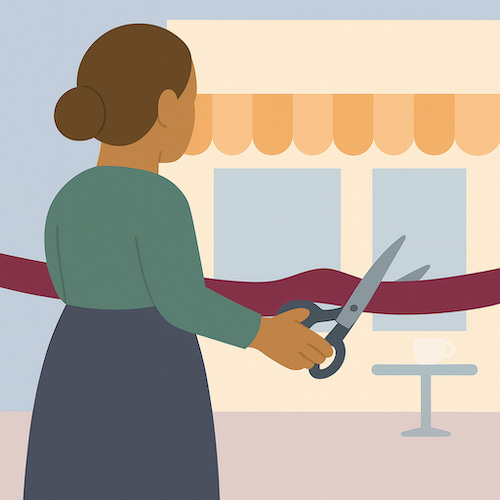What drives this demand?
- A large and growing population: there are around 1.1 million Muslims (6% of the population) in the Netherlands, with higher concentrations in urban areas. For instance, 17% of the total Amsterdam population, 13% in Rotterdam, and The Hague. Islam is the second largest religion in the country after Christianity.
- Diverse population: Most Dutch Muslims have roots in Turkey, Morocco, Indonesia, and Suriname. But with arrivals in recent years coming from the Middle East, Africa, and South Asia, the community is becoming increasingly diverse.
- High spending power: tourists from the Gulf region alone account for global spending worth $178 billion, with many visiting the Netherlands. Spending tends to orient towards hospitality, luxurious shopping, and, of course, all of those tourists are on the lookout for halal food.
- Untapped potential: There is increased demand for halal food products, Islamic financial services, and tourism.
Business opportunities
- The halal food sector is valued at around 2.8 billion euros in the Netherlands and is growing (at a rate of around 4-5% each year).
- Islamic finance caters to an ever-growing population seeking Sharia-compliant banking services.
- The hotel and tourism sector is attracting a growing Muslim tourist segment by providing hotels with prayer rooms and halal dining outlets for consumers.
Cultural considerations
Halal certification for food
Businesses that target Muslim consumers must have an in-depth understanding of halal food certification. Private organizations carry out Halal Certification, and Halal Quality Control (HQC) is the most widely recognized standard. Or they can have these certificates issued by the local mosques or various community groups. It is very important for the business to choose certified bodies that are recognized within that target audience. This creates and retains loyalty among customers.Ramadan consumer behavior
Ramadan, the holy month of fasting, is pivotal for the world’s Muslims. Its importance is also reflected in consumer behavior. Throughout this festival, evening dining increases by 30%, and gifts are exchanged among friends and family. Trading hours are extended, with peaks seen in sales of food, textiles, and household items. Meanwhile, restaurants offer special menus, and businesses engage in seasonal promotions. Strategic planning here can yield substantial rewards.Whether it’s finance, tourism, or forming the next Barbar, the Netherlands presents numerous opportunities for investors seeking to cater to the Muslim market. Success is dependent on cultural respect, understanding, and quality assurance.Ready to enter the Dutch market?
Book a free, no-obligation consultation with Adamogi. Let us map out your marketing strategy to make a real impact in the Netherlands and serve the Netherlands’ Muslim population.Frequently Asked Questions (FAQ)
How large and important is the Muslim market in the Netherlands for businesses?
With just above 1.1 million Muslims (6% of the total population), it is indeed a huge yet growing market demographic. High spending capability and unmet demand for halal products, Islamic finance, and tailor-made services remain with this community and Muslim tourists.
What is a must for establishing trust in the halal food business in the Netherlands?
Obtaining halal certification should be a top priority. You have various options, but Halal Quality Control (HQC) is the most recognized standard, while others tend to come from local mosques or community groups. A certification that your target market trusts is your key to establishing and sustaining customer loyalty.
What influence does Ramadan have on consumer behavior for businesses targeting the Muslim community?
A 30% increase in dining has occurred during Ramadan, alongside significant spending on food, gift-giving, clothes, and household articles. Hence, it is an excellent chance for businesses to strategize around special menu creation or choose trading hours and seasonal promotions that target the needs of the community during this holy month.




